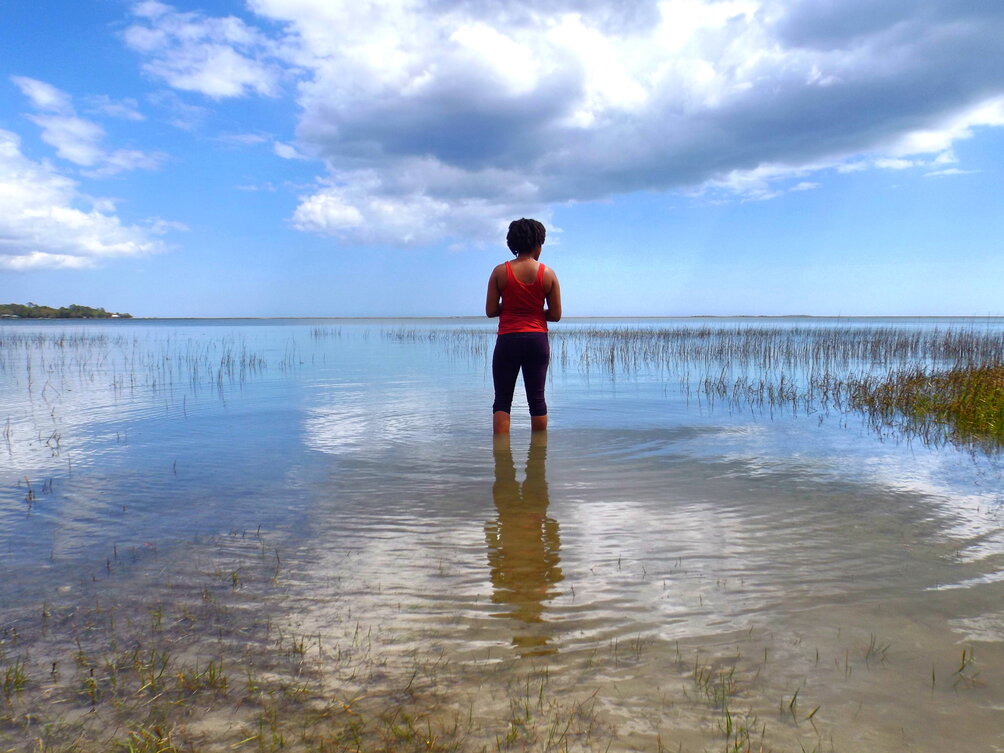A fun (and easy) way to collect family history

Since discussing my oral history project, I’ve been asked to share more info on collecting family history. I got kinda stuck my dern self tryna figure out the best place to start. Then it hit me. Getting started! (Duh). I moused over to Google to see what everyone else was saying on the subject. Basically, their advice was to start with the family tree — jotting the names, birthdates, and places of birth as far as you can go back.
That’s how I got started. I registered with Ancestry and filled in as much of my tree as I could, which wasn’t much. It didn’t take long to figure out that as black folks, genealogy goes from feeling like a 100-piece puzzle to a 2000-piece. And that can get frustrating and exhausting…quickly!
I have a better way of getting started with family history though:
1. Start by thinking along the lines of patterns. One that I’m currently digging into starts with my dad. He’s a welder, my oldest brother is a welder, and my son wants to be a welder. That’s three generations, which might possibly go back even further. Welding is a child of blacksmithing, which goes back to Africa before it was even named Africa. It’s an art, and the book (or documentary) will highlight that. While starting with my dad doesn’t seem that far back, our family’s future generations especially will think it’s ancient (and super duper valuable), and my access to info on him is limitless.
I was recently invited to talk about being a writer to a group of fifth graders. Another speaker, a grandmother, shared how she, her mother, and her daughter all owned hair salons and how her granddaughter aspired to do the same. I wanted to hug her and shake her at the same time (lol): Write that down! That’s history!
2. Does your family get down in the kitchen? That’s another great start. Who cooks what the best and where did they get the recipe from? How did that person used to make it? It doesn’t have to be about one person; interview everybody in the family who can cook. Make it a family recipe book with stories. A family of fishermen? Sharecroppers? Immigrants? Land owners? Entrepreneurs? Pastors? There are beaucoup rabbit holes to get lost in.
I try not to give too many leads on questions to ask, because it should feel like an organic process, a natural conversation. You can even do it real low-key, which I do a lot of times. Whenever we visit my uncle down in Florida, everybody gets to drinking, laughing, and remembering back when. I politely cut my recorder on (cut means turn, in case y’een know), throw questions in every now and then, and then upload the file to a cloud (where it’s less likely to get lost) as soon as possible.
3. Or, instead of starting with a subject/pattern, start with one family member. If they’re living, get in touch. Not in the same city? Download a phone recorder app. If you can, do it in my person. If they’re no longer living, interview those who knew them.
It might end up being community history. Ms. Carolyn Dowse, an 85-year-old fly girl I interviewed for Krak Teet, shared how her grandmother (born enslaved, freed as a young girl) used to catch babies out on Sapelo Island. So her grandmother’s story was family history, yes, but Sapelo Island history as well.
And you’re bound to find jewels you weren’t even looking for. While interviewing my dad, I learned that his father used to play for the Negro League, a team in Shreveport and another in L.A. (And he had over 22 children across the country).
As Maya Angelou said best, “The more you know your history, the more liberated you are.”

